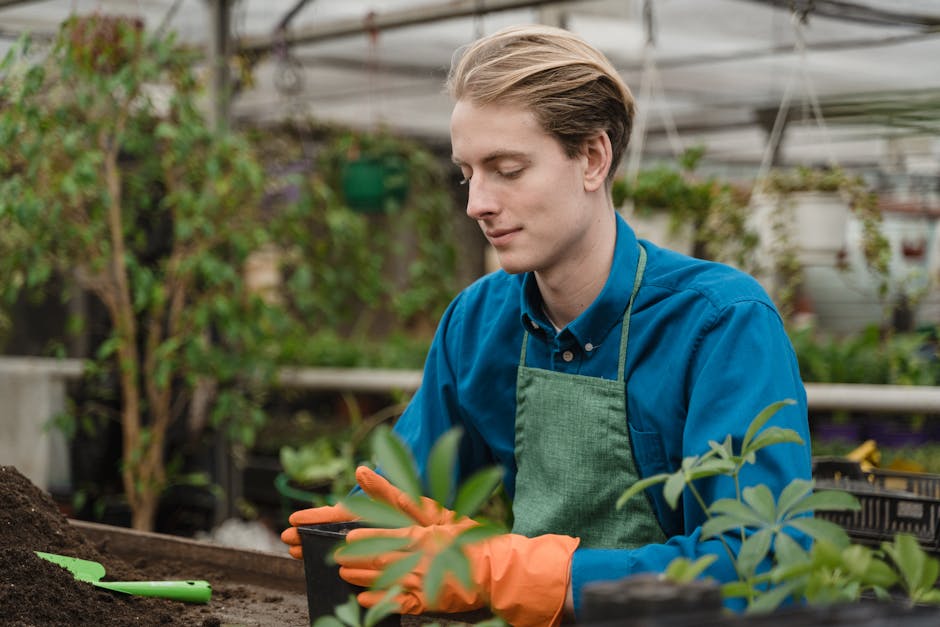The agricultural sector faces a crucial juncture. Growing global demands for food, coupled with pressing environmental concerns, necessitate a shift towards more sustainable farming methods. But a fundamental question lingers: is embracing these practices genuinely profitable in the long run? This examination delves into the multifaceted nature of sustainable agriculture, exploring the financial implications, the evolving market landscape, and the crucial role of adaptation and innovation.
Sustainable agriculture transcends a narrow definition of environmental friendliness. It encompasses a holistic approach, integrating ecological, social, and economic principles into every facet of farming operations. This includes employing techniques like crop rotation, integrated pest management, and reduced reliance on synthetic fertilizers and pesticides. While these methods often demand initial investment in training, equipment, and alternative inputs, the long-term benefits are significant and potentially lucrative.
Initial hurdles frequently encountered by farmers transitioning to sustainable practices often revolve around perceived cost increases. Higher initial outlay for specialized equipment, certified seeds, and biological pest control solutions can appear daunting. However, a closer look reveals a more nuanced picture. Reduced input costs over time can often offset these initial expenditures. For example, a farm adopting crop rotation can diminish the need for chemical fertilizers, while integrated pest management strategies lower pesticide bills. Furthermore, the long-term gains extend beyond purely economic considerations.
Reduced input reliance can contribute to greater farm resilience against market volatility. The cost of fertilizers and pesticides fluctuates significantly, exposing conventional farms to considerable price swings. Sustainable practices lessen this vulnerability by minimizing dependence on external, often fluctuating, inputs. This stability can positively influence the farm’s financial performance in uncertain economic times.
Sustainable farming strategies often manifest in enhanced soil health and water conservation. Healthy soil sequesters carbon, improving fertility and reducing the need for synthetic amendments. Water conservation techniques, such as drip irrigation and rainwater harvesting, minimize water use and safeguard the farm’s resource security, a particularly vital aspect in regions facing water scarcity. These benefits, though often intangible, translate into cost savings and sustainable resource management.
Market responsiveness also plays a significant role. Growing consumer awareness about sustainable food choices creates a demand for products grown using ecologically sound methods. Consumers are increasingly seeking assurance regarding food origins and ethical practices. This rising demand translates into premium pricing opportunities for sustainably produced crops and livestock. Farmers cultivating organic produce or implementing agroecological principles can tap into this burgeoning market segment, creating a new revenue stream.
However, the profitability narrative isn’t without challenges. The transition to sustainable agriculture necessitates a shift in mindset and often involves acquiring new knowledge and skills. Farmers need to adapt their farming strategies and invest in training, which can be costly and time-consuming. Furthermore, market premiums for sustainably produced food may not always materialize in predictable patterns. Consumer preferences can change, and competition in the niche market can be intense. Therefore, a thorough understanding of the specific local market and proactive engagement with potential customers are essential.
A critical factor in the long-term profitability of sustainable farming lies in government policies and regulations. Incentives, subsidies, and tax breaks for sustainable agriculture can greatly encourage the adoption of these practices. Supportive regulatory frameworks can create a favorable environment for innovation and accelerate the transition to more sustainable agricultural systems. Likewise, robust certification schemes for sustainable products can enhance consumer confidence and incentivize production.
Technological advancements are instrumental in propelling sustainable farming towards a more profitable future. Precision agriculture technologies, for instance, allow farmers to tailor inputs and practices to the specific needs of their fields, minimizing waste and maximizing efficiency. Biotechnology and genetic engineering can also play a crucial role, improving crop yields and resilience to environmental stresses while maintaining sustainability.
Another perspective highlights the crucial role of farmer cooperatives and networks. Collaborative initiatives can pool resources, share knowledge, and establish robust supply chains that directly connect producers to consumers seeking sustainable options. These networks offer farmers access to market information, best practices, and collective bargaining power, enhancing the overall profitability of sustainable agricultural endeavors.
Concluding, the long-term profitability of sustainable farming is not a foregone conclusion. It demands careful consideration of costs, market conditions, government support, and technological advancements. While challenges undoubtedly exist, the potential for enhanced profitability, resource security, and environmental sustainability renders this approach essential for the future of agriculture. Addressing the challenges through innovation, collaboration, and adaptive strategies will be paramount to unlock the full potential of sustainable farming and ensure its continued long-term viability.
